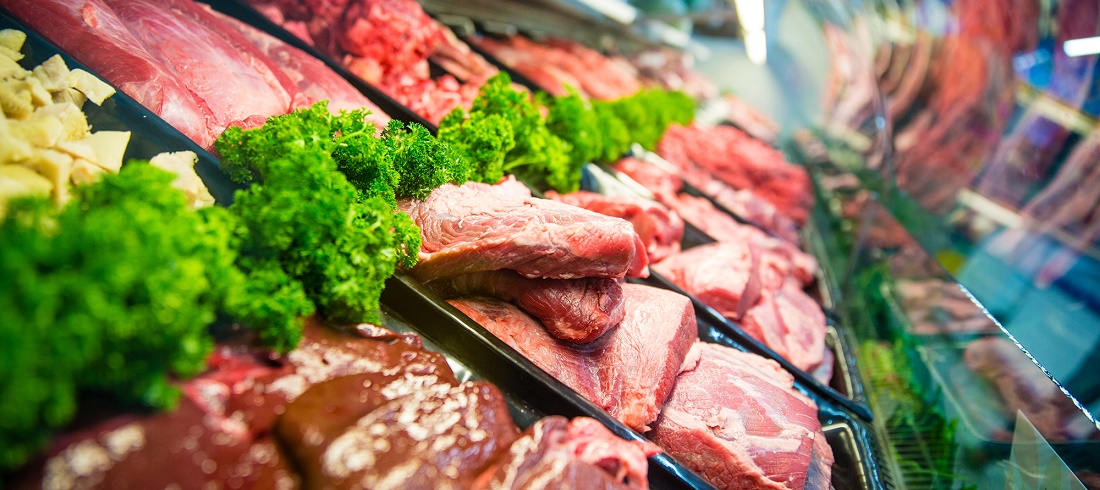
Brazilian Beef Exports Set Record in January, Indicating a Promising Year
Feb, 10, 2025 Posted by Denise VileraWeek 202507
If January’s performance is any indication, 2025 will be a strong year for Brazilian beef exports. According to an analysis by the Brazilian Beef Exporters Association (Abiec), based on data released last Friday (7) by the Ministry of Development, Industry, Trade, and Services (MDIC), the sector recorded its best January performance in history. A total of 209,192 tons of beef were exported to 114 countries, generating $1.002 billion in revenue, continuing the upward trend seen throughout 2024.
Compared to January 2024, exports increased by approximately 2% in volume and 11.4% in revenue, driven by a 9.4% rise in average prices. This price increase was observed across nearly all key export markets, marking the highest average since June 2023.
Here is a history of beef exports starting from January 2021. The data is from DataLiner:
Bovine Meat Exports | Jan 2021 – Dez 2024 | TEUs
Source: DataLiner (click here to request a demo)
China Remains the Top Buyer, but Europe and Algeria Show Strong Growth
Shipments to China, the largest importer of Brazilian beef, saw a slight decline compared to December and January 2024, totaling 92,797 tons and generating $452 million in revenue. Meanwhile, the United States, Brazil’s second-largest beef buyer, imported 18,974 tons, bringing in $106.6 million—an 8.5% drop from the same period last year.
In contrast, the European Union significantly increased its purchases, with an 82.6% jump compared to December, reaching 9,270 tons and $69.7 million in trade.
A key highlight of the month was Algeria, which recorded a remarkable 204% surge in import volumes, totaling 8,059 tons and $42.9 million in revenue.
Industry and Government Efforts Open New Markets
According to Abiec President Roberto Perosa, the efforts of both the private sector and the Brazilian government—particularly in negotiating the shelf-life of Brazilian beef—have been crucial in expanding market opportunities and boosting exports.
Regarding the drop in U.S. demand and the surge in European purchases, Perosa explained that these market fluctuations are natural:
“The U.S. had a higher domestic beef stock at the beginning of the year, which naturally reduced its import need. Additionally, economic conditions and trade strategies always influence global consumption patterns. In the case of the European Union, we observed an increase in purchases due to stock replenishment and the availability and competitiveness of Brazilian beef,” Perosa stated.
Source: Notícias Agrícolas
-
Fruit
May, 31, 2024
0
Fruits: Brazil grows many but exports few
-
Shipping
Oct, 26, 2021
0
Container ship sailing under Panama flag attacked in Gulf of Guinea
-
Coffee
Aug, 29, 2024
0
Brazil’s Coffee Export Surge 26% in July, says Rabobank
-
Meat
Jan, 08, 2025
0
Pork Exports Grow 10% and Set Record in 2024



